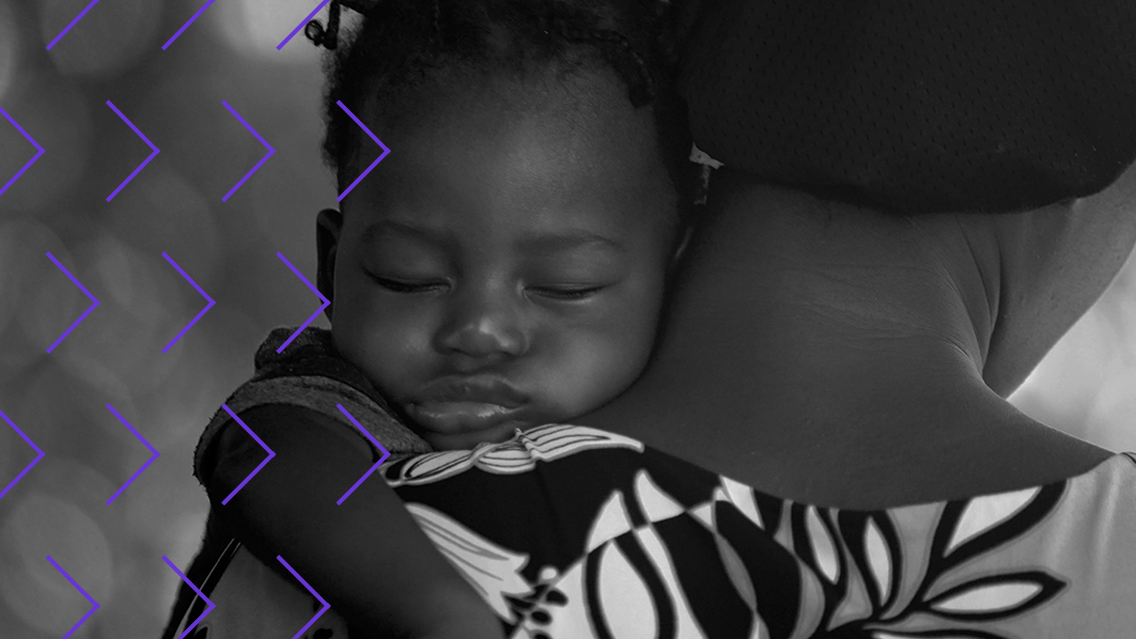Giving birth in the United States can be a minefield. Hospitals are too often short-staffed, quality prenatal care is unequally distributed across the country, and there are too few resources for new mothers once you are postpartum.
On top of that, the CDC recently released a study that found 1 in 5 women report mistreatment while receiving maternity care. That number is higher for women of color, with a third of women of color experiencing mistreatment.
If you are a woman of color trying to give birth in the U.S, these shortcomings are even more pronounced and can even be fatal.
Black women are three times as likely to die as a result of complications from childbirth than white women, and the trends continue to go in the wrong direction. In 2020, 55 out of 100,000 Black women died as a result of pregnancy and/or childbirth. That number is up from 2018, when 37 per 100,000 Black mothers died. On top of that, black women are also more likely to experience complications like postpartum hemorrhage, blood clots and preeclampsia during their pregnancy and postpartum journey.
As health communication professionals, we know the staggering disparity in maternity care for women of color. We’ve even written about it before—our own Parris Lloyd wrote last year about her mother’s emergency C-section more than two decades ago, and how these occurrences are still all too common for people of color.
It wasn’t until my own traumatic C-section experience—pleading with hospital staff that my pain medicine wasn’t working and being dismissed outright—that I really began to understand the depths of helplessness that can happen when you aren’t supported in your childbirth experience.
If I—a white woman at a world-renowned hospital armed with a spouse and a doula—felt dismissed and ignored, how terrifying must it be for women of color also dealing with implicit bias from their care providers?
If you love anyone who has or will give birth in this country, America’s poor maternal outcomes should outrage you.
Perhaps the most high-profile example of our Black maternal health crisis this year is when Olympic gold medalist Tori Bowie passed away in May at eight months pregnant. A medical examiner concluded that she died of complications of her pregnancy, which included respiratory stress and eclampsia. Her teammate Tianna Madison later wrote on X that her two other teammates (also Black women) at the 2016 Olympic games also nearly died in childbirth. Madison went into labor and had an emergency C-section at just 26 weeks pregnant. Teammate Allyson Felix similarly had an emergency C-section at 32 weeks with preeclampsia.
How could three women, presumably incredibly healthy and successful, all have such fatalistic experiences in childbirth? And what can we do as health communicators to sound the alarm on how we continue to fail Black moms in their childbirth experience? While Madison’s post may be shocking for some, it’s not for many women of color.
I spoke with MBH’s own Tayla Mahmud, executive vice president of health equity and multicultural strategy, about her own experience as a Black woman giving birth—and what healthcare organizations need to do to do right by Black expectant mothers:
When I was pregnant, I was excited, clueless and in search of information like many other first-time moms. All I came across was negative stories and a focus on disparity figures for women of color—not solutions. I had to find information and counsel that was specific to my needs as a Black woman and that of my Black family.
For example, my husband and I leaned on our “chosen circle” to get specific counsel on how a black man should advocate for a partner and deal with microaggressions and racism in the delivery room.
We weren’t alone in this decision: Black Americans are increasingly creating personal networks of trusted sources to build their confidence in the face of continued mistrust of the healthcare system.
At MBH, we have found that Black Americans—Black mothers in particular—lean into people they trust, often people who look like them, when making choices about their healthcare. This group of people, which we dubbed “chosen circles,” range from family, friends, celebrities, online influencers, and more. In fact, we found that more than half of Black mothers say they created a chosen circle during their childbirth experience, and a third said they ignored health information because it didn’t feel inclusive of people like them.
Several factors contribute to health disparities, but a lack of relevant health information is often overlooked.
To reach Black mothers, government organizations and pharmaceutical companies need to build bridges to expand trust and access. To take a community- and culture-first approach when building any health communications strategy. And partner with the right messengers—people like these moms who have shared experience and have gained their trust and respect (for example, Serena Williams, who has been outspoken about her own near-death experience giving birth to her first child).
Ending health disparities will require tackling the problem from all angles–but providing relevant, inclusive, accessible health communication is a critical piece.


